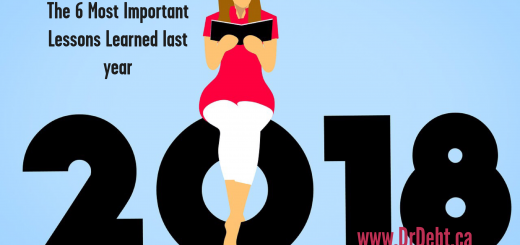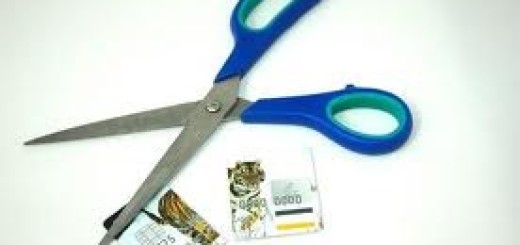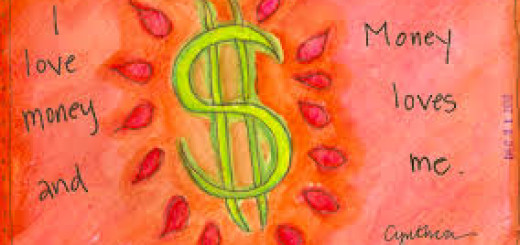12 Steps you can take to protect your identity.
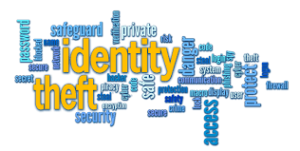 This post follows and expands on my previous post, Protecting your Identity in light of the Equifax Breach.
This post follows and expands on my previous post, Protecting your Identity in light of the Equifax Breach.
With all of the modern conveniences of the world wide web, online banking etc., identity theft is becoming way too common. I’m happy to report that I have not been a victim, nor have any of my close friends or family. But I have crossed paths with many who have. Not only does it leave you feel violated and vulnerable, you can also become a suspect. Imagine that happening!
I recently heard a story from a lady who had her bank card stolen. Cheques were deposited into her account and money withdrawn. She had to prove her innocence. How’s that for adding insult to injury?
A workshop participant shared her story, she had over $10,000 taken from her line of credit. It created havoc on her credit report. She eventually resolved the issue with the bank but not without a lot of time & effort on her part. It hardly seems fair. But, alas, who said life was fair?
This is one of those times when it makes sense to be proactive…taking steps to prevent the issue from happening in the first place. The following are 12 easy things you can do to help prevent being the victim of identity theft.
- Consider subscribing to an identity theft protection service.
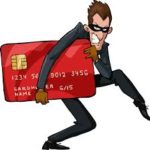
- Keep personal documents in a safe. such as your social security card, birth certificate and passport.
- Protect your purse or wallet at all times. The best purses are those that can be zipped or closed shut. Try not to use bags that others can easily see or reach into, and keep bags close to your body with a tight grip at all times. Do not leave wallets or purses in the car, or if you must, do not leave them exposed or in an obvious place.
- Photocopy the contents of your wallet. Make copies of credit cards, ID cards, and all other personal documents you keep in your wallet. Also, keep records of phone numbers to contact in case you need to close accounts or order replacement items.
- Examine your bank account statements monthly to ensure that your accounts have no unauthorized charges. If they do, contact your banking institution immediately.
- Remove yourself from promotional lists such as junk mail and pre-approved credit card lists. This added clutter doesn’t do any good, and you at risk of ID theft if a stranger gets their hands on your pre-approved cards.
- Cancel credit cards that you aren’t using. There’s no reason to have open credit for the taking. Besides, the less credit you have open, the less you’ll have to monitor.
- Select passwords that are difficult for others to uncover. An impersonal combination of letters and numbers is the best.
- Protect your computer with anti-spyware and anti-virus software. Make sure you keep them up to date.
- Do not reveal personal information to unverified sources whether over the phone or the Internet. Do not feel pressured to answer personal questions if you do not trust the source. Feel free to request verifying information before giving anything up.
- Monitor your credit. Take advantage of your free credit reports and consider purchasing additional copies throughout the year for continuous monitoring. Consider placing fraud alerts and credit freezes on your account for greater protection.
- Shred personal documents before throwing them away. Dumpster diving is a common method of stealing personal information for the sake of identity fraud. Purchase a shredder for your home and make sure you destroy paperwork containing personal information before discarding. This includes mail, credit card statements and even receipts.
Wishing you Happy Healthy Finances!
Mary Ann Marriott
aka Dr Debt



